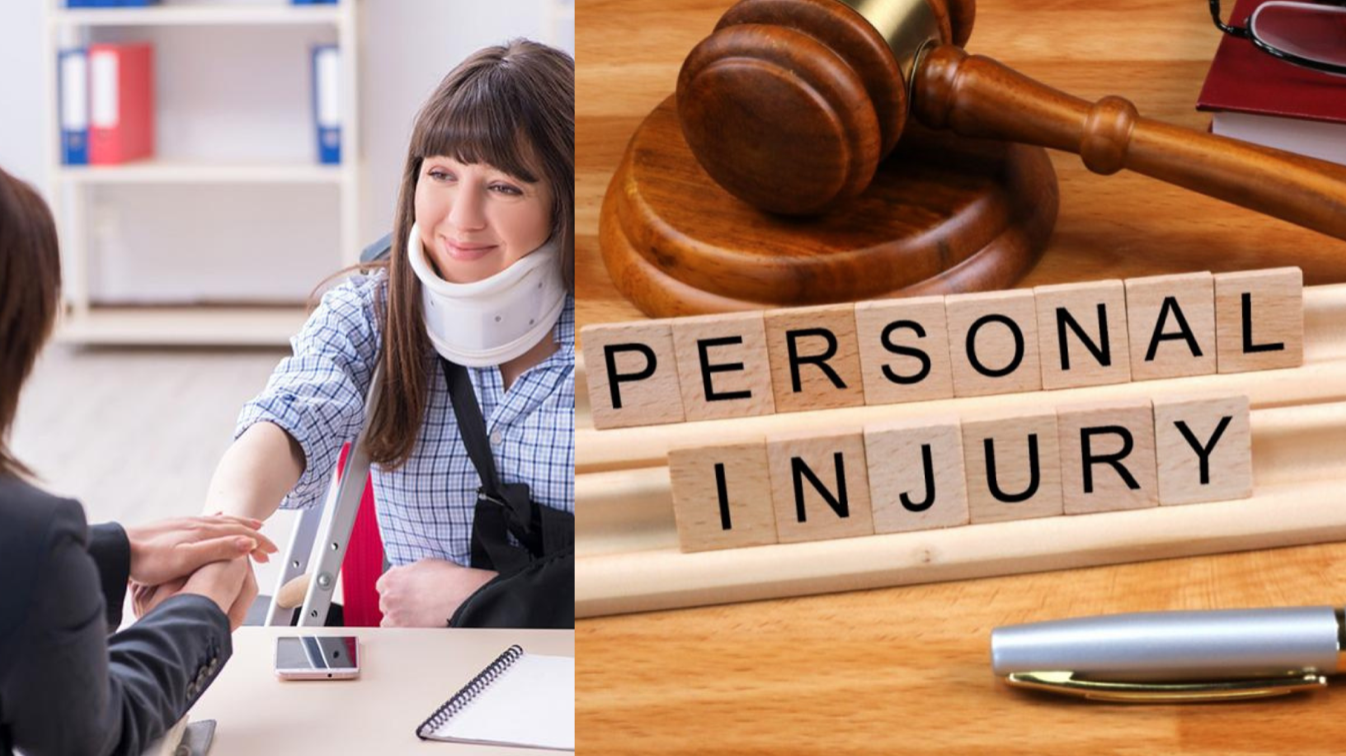Determining if you have a personal injury case involves several steps, from understanding the types of injuries to gathering solid evidence.
Navigating the aftermath of an accident is daunting. Determining whether to pursue a personal injury case adds another layer of complexity. This guide will demystify the process, helping you understand if you have a legitimate personal injury claim. From identifying the types of injuries to understanding liability, we’ll walk you through everything you need to know.
Introduction to Personal Injury Cases
Personal injury law encompasses a broad range of incidents. Understanding if your situation falls under this category is the first step. Personal injury cases arise when someone suffers harm due to another party’s negligence or intentional actions. Knowing the fundamentals will help you evaluate your circumstances more effectively.
Types of Personal Injuries
Various injuries qualify for personal injury claims. Physical injuries are the most obvious, including broken bones, lacerations, and internal injuries. Emotional distress and psychological trauma also fall under personal injury law. Lastly, financial losses due to medical bills and lost wages can be part of a claim. Recognizing these categories helps in identifying if your case is valid.
Assessing the Severity of Your Injury
The severity of your injury plays a crucial role in a personal injury case. Minor injuries with quick recoveries may not warrant a claim. However, severe injuries requiring ongoing medical treatment and impacting daily life likely qualify. Evaluating the impact on your life helps in determining the strength of your case.
Proving Negligence
Negligence is a key element in personal injury cases. You must show that the other party failed to exercise reasonable care. This involves proving that their actions directly caused your injury. Gathering evidence like eyewitness accounts and expert testimony strengthens your case and demonstrates liability.
Establishing Liability
Liability refers to the legal responsibility for the injury. Establishing liability involves showing that the other party had a duty of care, breached that duty, and caused your injury. This process requires thorough documentation and evidence, making legal expertise invaluable.
Gathering Evidence
Solid evidence is the backbone of a successful personal injury case. Medical records, photographs of the injury scene, and witness statements are crucial. Documentation of all expenses and impacts on your life further supports your claim. The more comprehensive the evidence, the stronger your case will be.
Medical Documentation
Medical documentation is essential in personal injury cases. Detailed records of treatments, prescribed medications, and medical bills provide concrete proof of your injury’s severity. Regular updates from healthcare providers strengthen your case, showing the ongoing impact of the injury.
Witness Statements
Witness statements can corroborate your account of the incident. Eyewitnesses provide unbiased accounts that support your claim. Collecting and preserving these statements early ensures they are fresh and accurate, bolstering your case.
Calculating Damages
Damages refer to the compensation you seek in a personal injury case. These include economic damages like medical expenses and lost wages. Non-economic damages cover pain and suffering and emotional distress. Understanding and calculating these damages accurately is vital for a fair settlement.
Economic Damages
Economic damages are quantifiable financial losses. Medical bills, therapy costs, and lost income fall into this category. Keeping meticulous records of these expenses ensures you can claim the full extent of your financial losses.
Non-Economic Damages
Non-economic damages are more subjective but equally important. Pain, suffering, and emotional turmoil are considered here. While harder to quantify, these impacts significantly affect your quality of life and deserve fair compensation.
Consulting a Personal Injury Attorney
Legal expertise is crucial in personal injury cases. A personal injury firm like Baumgartner Law can help you navigate the complexities of the legal system and ensure your rights are protected. They handle negotiations with insurance companies, maximizing your chances of a fair settlement.
Initial Consultation
An initial consultation with a personal injury attorney clarifies your case’s potential. Providing them with all relevant information allows for an accurate assessment. This step sets the foundation for a strong legal strategy.
Legal Strategy and Representation

Developing a legal strategy tailored to your case increases the likelihood of success. Your attorney will gather evidence, consult experts, and build a compelling argument. Effective representation is key to navigating the legal landscape and achieving a favorable outcome.
Pursuing a Settlement or Trial
Personal injury cases often settle out of court. Negotiations with insurance companies aim to reach a fair settlement. If negotiations fail, taking the case to trial is the next step. Understanding both processes prepares you for what lies ahead.
Negotiating Settlements
Negotiations involve presenting your evidence and making a case for fair compensation. Your attorney handles these discussions, advocating for your best interests. Successful negotiations result in a settlement that covers your damages.
Preparing for Trial
If a settlement is not possible, preparing for trial is crucial. This involves gathering additional evidence, preparing witnesses, and crafting a strong courtroom strategy. A well-prepared case increases the chances of a favorable verdict.
Determining if you have a personal injury case involves several steps, from understanding the types of injuries to gathering solid evidence. Consulting with a personal injury attorney provides the legal expertise needed for a successful claim. By following this guide, you can confidently assess your situation and take the necessary steps toward justice. For further assistance, consider reaching out to a professional who can help you explore your options and ensure your rights are protected.


Join the conversation!